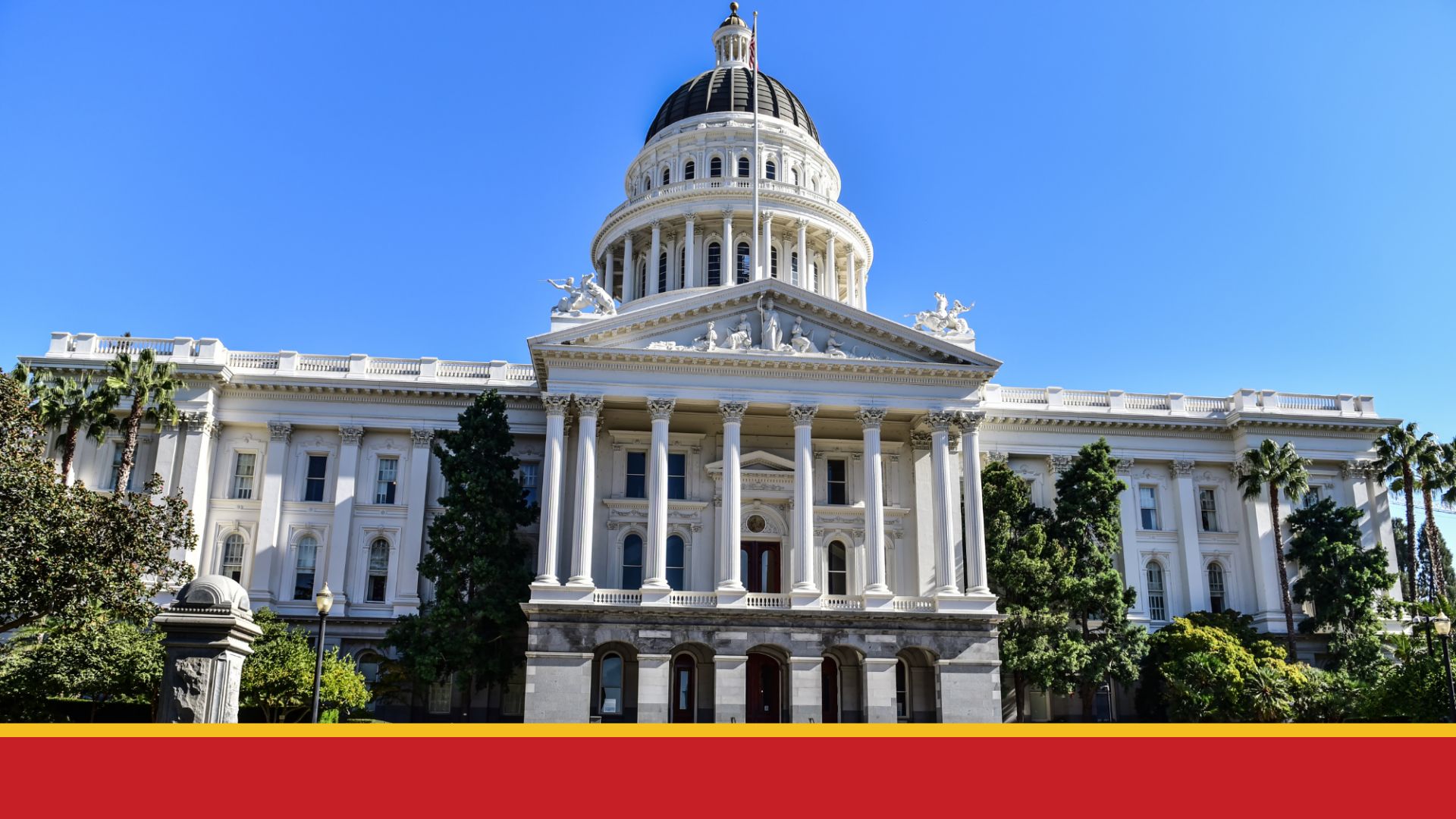COVID-era rules set to expire in December 2023
On October 8, 2023, Assembly Bill 557 (“AB 557”) sponsored by California Special Districts Association (CSDA) and introduced by Assembly Member Gregg Hart (D-37) was signed into law. This bill updates and amends the procedures agencies have grown accustomed to under the COVID-era rules adopted as AB 361 in 2021 and set to expire December 2023. In general, the Brown Act permits local agencies to use teleconferencing for the benefit of the public and the legislative body, as long as all procedural requirements are met and the statutory and constitutional rights of the public are protected. The stated purpose of AB 557 is to retain some of the flexible meeting options first made available under AB 361, while ensuring that principles of transparency and accountability continue to be safeguarded by public agencies. This is especially important as agencies continue to face threats from emergencies ranging from wildfires to contagious illnesses.
AB 557, which will take effect January 1, 2024 and expires by its own terms on January 1, 2026, incorporates two main updates to the existing relaxed teleconference meeting rules established by AB 361:
- The fact that state or local officials have imposed or recommended measures to promote social distancing is no longer a basis for holding “relaxed” teleconference meetings (i.e., without needing to post agendas at all teleconference locations, identify each teleconference location on the agenda, and ensure a quorum of the body participates from within the agency’s jurisdiction), as was the case under AB 361. Remote meetings are still authorized in situations where the Governor has proclaimed a state of emergency and the legislative body is meeting via teleconference during that emergency, either to make an initial determination on whether meeting in person presents imminent risks to health or safety, or where the body has already determined by a majority vote that such risks are present.
- The agency’s governing body may now renew its findings in support of continued teleconference meetings under the relaxed requirements every 45 days (AB 361 required the findings to be remade every 30 days). This is intended to provide some relief for agencies that may not hold regular meetings every 30 days, but meet on a less frequent basis.
While agencies are no longer be able to rely on findings for relaxed teleconference meetings that are based on social distancing measures, agencies can still apply the relaxed teleconferencing rules during a Governor-declared state of emergency. In addition, agencies continue to have the option to rely on traditional teleconferencing requirements under Government Code section 54953(b), or to allow remote attendance on a case-by-case basis using the emergency and just cause provisions found in section 54953(f) (otherwise known as the “AB 2449 rules”).
Disclaimer: BBK Legal Alerts are not intended as legal advice. Additional facts, facts specific to your situation or future developments may affect subjects contained herein. Seek the advice of an attorney before acting or relying upon any information herein.
Authored by BBK Partner and Director of Government Policy and Public Integrity Victoria Hester and Associate Anne Branham
About Best Best & Krieger LLP
Best Best & Krieger is a national law firm with nearly 250 attorneys who focus on municipal, environmental, employment, business, education, public finance and telecommunications law, government relations ad more for public agency and private clients of every size. BBK eas established in Riverside, California more than 130 years ago and continues to grow nationally, with offices across the West Coast, Pacific Northwest and Washington, D.C. For more information, visit www.bbklaw.com or follow us at @bestbestkrieger on LinkedIn and @bbklawfirm on Instagram.






